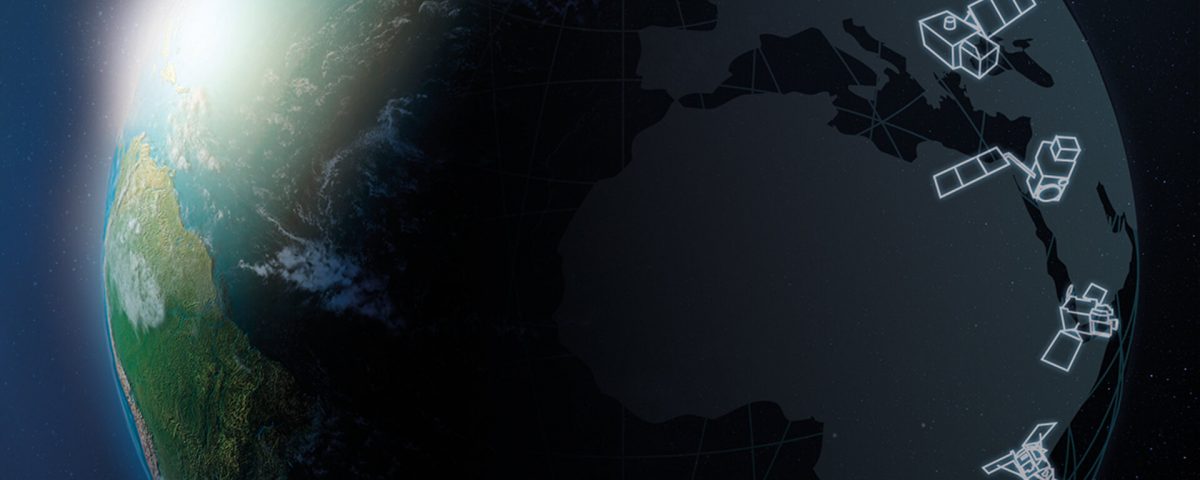
Job ID: EOP-133
Deadline 25 January 2021
Aurora is an established supplier of skilled manpower to ESA and in particular at ESTEC and ESAC. Aurora has the opportunity to expand our support to ESA in the domain of Earth Observation.
Happiness of our employees has proven key to obtaining excellent results and a client who also regards us highly for excellent service.
Overview
The duties of the contractor relate to Mission Science support to the definition and implementation of future Copernicus 2.0 terrestrial optical Sentinel missions and other optical missions, including support to mission requirements consolidation and the development of geophysical algorithms and preparing products. Ideally, the Contractor also monitors the system performance budget up to and including the commissioning phase.
In general terms, the position holder shall perform the following main tasks:
- Help to the management of mission requirements for optical Earth observation missions.
- Support convening and running of relevant CHIME and Next Generation Sentinel Mission Advisory Group and Expert Group activities, including associated organisation and administration.
- Coordinate the definition and development of algorithms to be used in the conversion of calibrated Top of atmosphere Radiance/Reflectances (Level 1) to geophysical parameters (Level 2).
- Initiate, manage and monitor the development of the Level 2 prototype processor, including:
- the definition of the scientific retrieval algorithms,
- the implementation of the prototypes of the scientific retrieval algorithms,
- the assessment of Sentinel mission performance on the basis of Level 2 products derived by prototype Level 2 processors.
- Support and monitor the development of mission specific performance simulators.
- Provide support for the running of the Hypersense campaign activities, including associated satellite acquisitions by PRISMA and DESIS.
- Support the definition of the ground segment requirements and interface requirements, regarding Level 1 / Level 2 processor implementation and data distribution to the end users.
- Contribute to the preparation, planning and execution of the instrument commissioning and routine operations activities including the In-orbit Verification Phase and Calibration and Validation activities.
- Monitor the Sentinel mission performance during commissioning phase.
- Support the coordination of collaborative efforts with similar missions from other, national Space Agencies (e.g. SBG/NASA, EnMAP/DLR, PRISMA/ASI, Landsat NG/USGS+NASA).
- Support the generation of project level internal and external reporting (e.g., Quarterly Status Reports).
- Continue strong partnership with internal (e.g. EOP/TEC-departments) and external entities (e.g. NASA, ASI, DLR).
In performing these tasks, the contractor will report to the relevant Study/Project Manager and, maintaining close coordination with the relevant Mission Scientist and other members of the Study/Project team.
For the mission simulator activities, the Contractor will work closely with the Study Team/Project, but also with experts from the technical directorate.
Specific qualification requirements
- PhD and a minimum of 6 years scientific experience
- Specialised in terrestrial Earth observation remote sensing and optical bio-geophysical variable retrieval.
- Demonstrated experience in terrestrial science, with strong knowledge in radiative transfer and vegetation variable retrievals.
- Knowledge on remote sensing principles, retrieval techniques, error assessment, data assimilation principles.
- Strong fundamental background in optical remote sensing, and in particular in hyperspectral remote sensing.
- Familiarity with the Copernicus Space Component Programme.
- Familiarity with EC’s directives and policies and services related to vegetation and soil monitoring and related operational Land monitoring services.
- Familiarity with Level 1 and Level 2 processing of vegetation and soil observations and related atmospheric corrections.
- (Strong) Experience in the development of Algorithm Theoretical Baseline Documents (ATBDs) and in setting up (pre-)operational processing systems.
- Able to work independently and in teams.
- Demonstrated autonomy and good organisation, planning, management and communication skills.
- Proficient in the English Language (Spoken and Written).
Legal and Security Requirements
- All applicants must be legally allowed to work in The Netherlands
- Applicants are required to provide a copy of their passport and degree certificate. Aurora will validate the Degree with the issuing University and provide evidence to ESA.
- Prior to issuing a letter of employment the applicant shall provide to Aurora a recent official document declaring that they are of good conduct from the country where currently resident.
Location
The work will be performed at the European Space Technology and Research Centre (ESTEC) at Noordwijk, The Netherlands.
Contract
- The selected candidate will receive good remuneration in line with ESA Job Class.
- Will be registered for both social security and tax in the Netherlands.
- The standard working hours are 40 per week. There are 12 public holidays and an additional 30 annual days holiday.
- Training to improve efficiency and provide strength for future career are of course included.
- Aurora assist with relocation both with support and financially.
- Aurora contributes to a company pension scheme.
To be considered for this Position
Prior to 25 January 2021, please apply via our Job Application form quoting EOP-133 (RT-C/EOP-B/00133 ) as reference.
Aurora will agree conditional employment terms and conditions with candidates before presenting them by 29 January 2021, 13.00 hours.
If not directly interested, feel free to share by this Job Vacancy with your friends!

